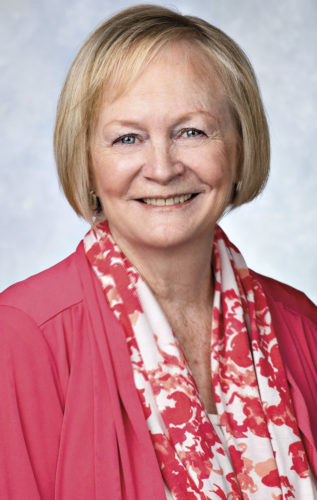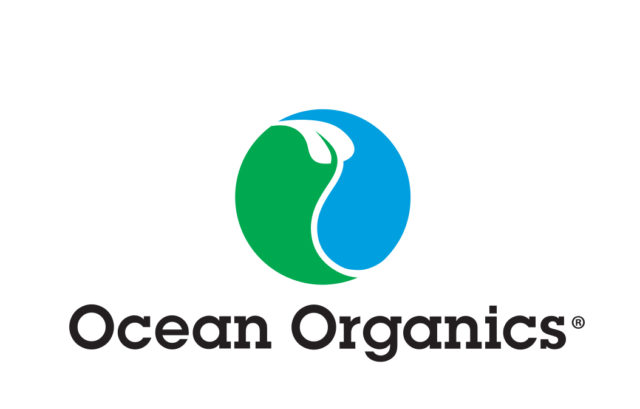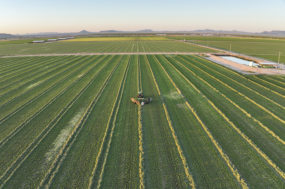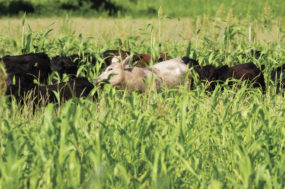The middle class is not growing (and the middle class is the active production class), the U.S. is exiting one of the longest post-recession periods (and recovery is not complete), and more than half of the U.S. population is nearing retirement (becoming primarily consumers instead of producers).
Utterback said these elements have long-term effects on agricultural economic growth and development.
As a self-professed capitalist, Utterback said the only way to grow the economy under these conditions is to reduce government regulation and change tax policy to allow risk-takers to keep gains instead of penalizing them.
Utterback said that in any economy, there are unknown events that can swing a market either bullish or bearish. One of the events is an extremely high debt imbalance in national and state governments.
There are generally three theories about how to handle the imbalance: grow out of it (with strong economic growth), inflate out of it (which serves agriculture fairly well but is not a good solution long term) or destroy it (by essentially destroying the currency).
Most economists are currently declaring that the U.S. economy will continue to grow or strengthen slowly over Europe and the rest of the world.
Utterback said the rise or fall of the U.S. dollar tends to be at least casually related (inversely) to the grain markets. The current low interest rates, low oil prices and low commodity prices should bode well for longer recovery in the U.S.
Another unknown pressure on the economy is the argument that “we need more” – more food, more energy, more everything – and demand will always grow.
Technology is certainly increasing the supply engine to meet more demand. This argument, however, fails to take into account increased energy efficiency, increased incentive globally to increase production and foreign policy shifts to accommodate more production.
Utterback said that energy is the main driver of industrialized countries, and with industrialization comes a higher standard of living. This increases demand for a better diet. So the current break in crude oil prices encourages industrialized countries, and demand could rise for more and better foods.
This would portend well for agriculture. The bigger issue is that global energy policy is based on a renewable energy resource. In the U.S., fracking has helped with energy sourcing, but fracking is only a 20- to 30-year solution and is not a long-term solution.
With low crude oil prices, U.S. consumers drive more miles. Hence, the blend demand for ethanol increases. For this reason (and others), crude oil tracks very closely to corn, bean and grain prices with oil as a supporting character of the corn, bean and grain market.
Another short-term variable in the market is weather. Early signs for the coming crop season would suggest we currently have good moisture in the ground, a lot of fall field work has already been done, and some meteorologists predict a wet spring and summer.
However, as we all know, weather is an unknown factor that can quickly and drastically influence the economy.
Utterback said farmers are experiencing a state of being victims of their own prosperity. As a result, he made these points that will impact the 2015 agricultural economy:
- Cost of production is significantly higher.
- Balance sheets overall are still in good shape but are tightening.
- A tremendous number of new storage facilities have been built both domestically and internationally.
- Global producers have responded to increased demand.
Utterback said the only short-term commodity price influence would be a weather event. So what a producer needs to ask is whether the operation is better prepared to handle a major weather event than in the past.
While acknowledging issues like the strength of the U.S. dollar are macro-events largely out of the control of the single producer, single producers can position an operation to handle a major weather event with better flexibility. FG











